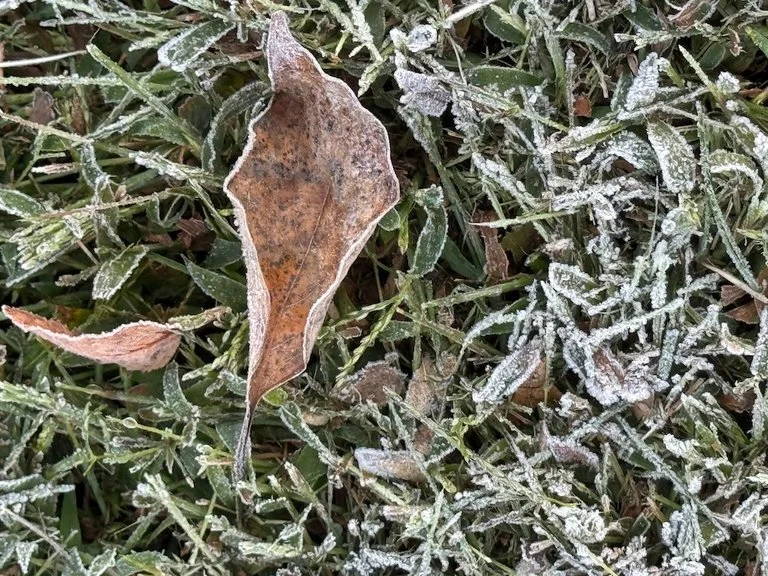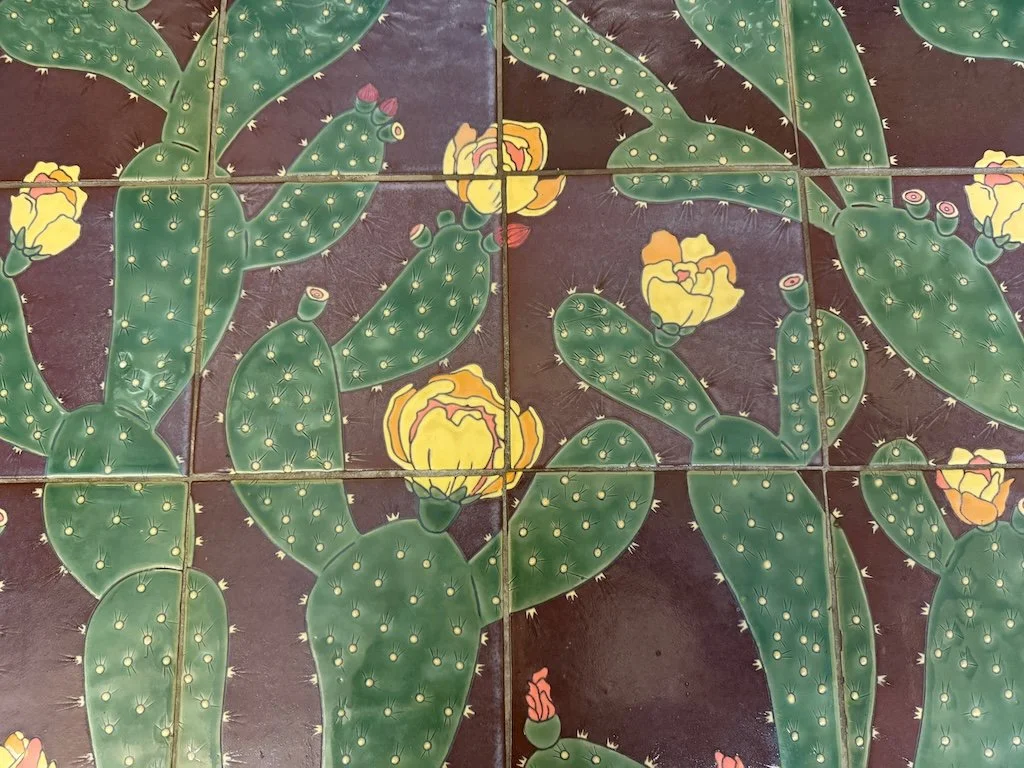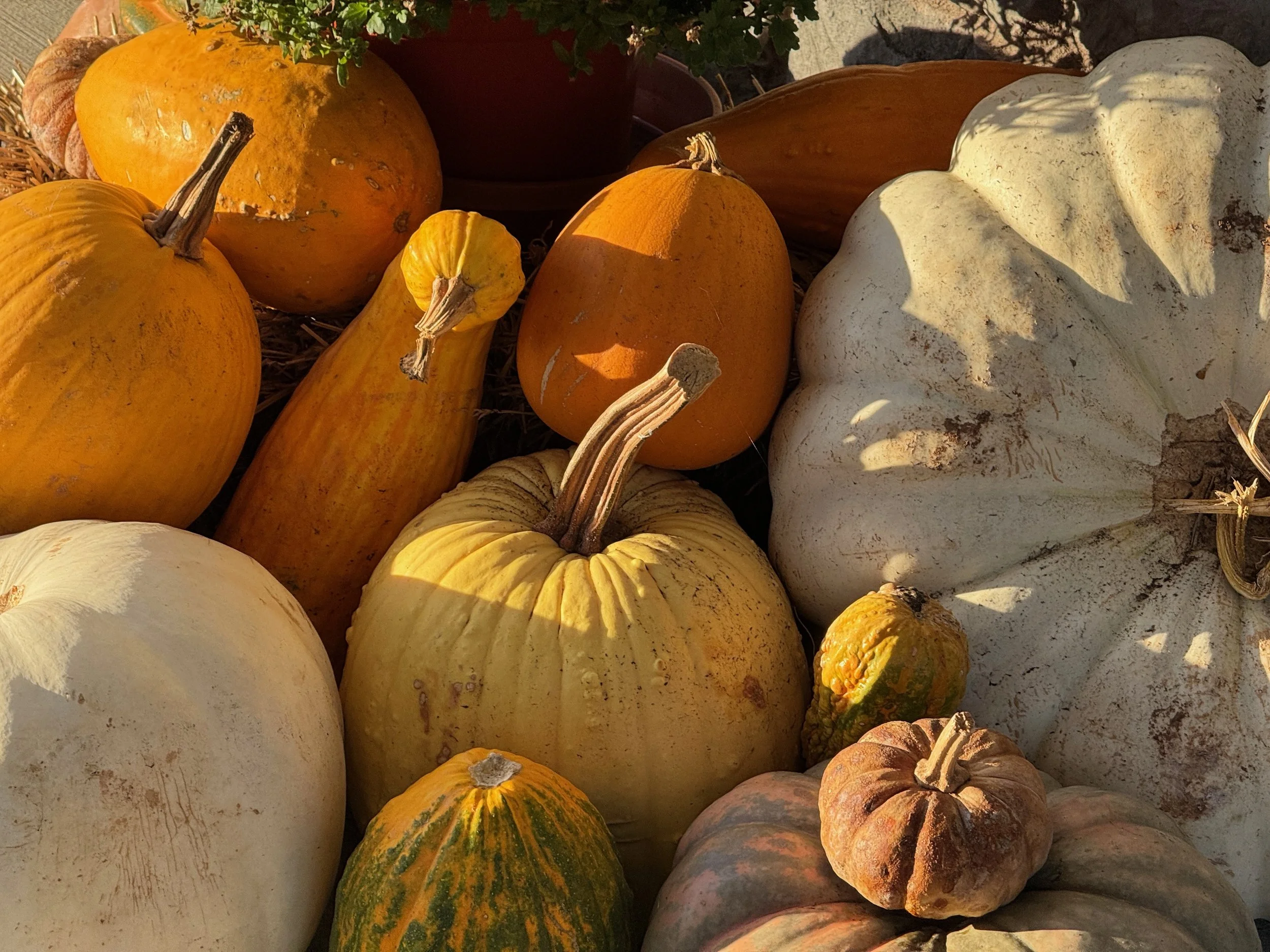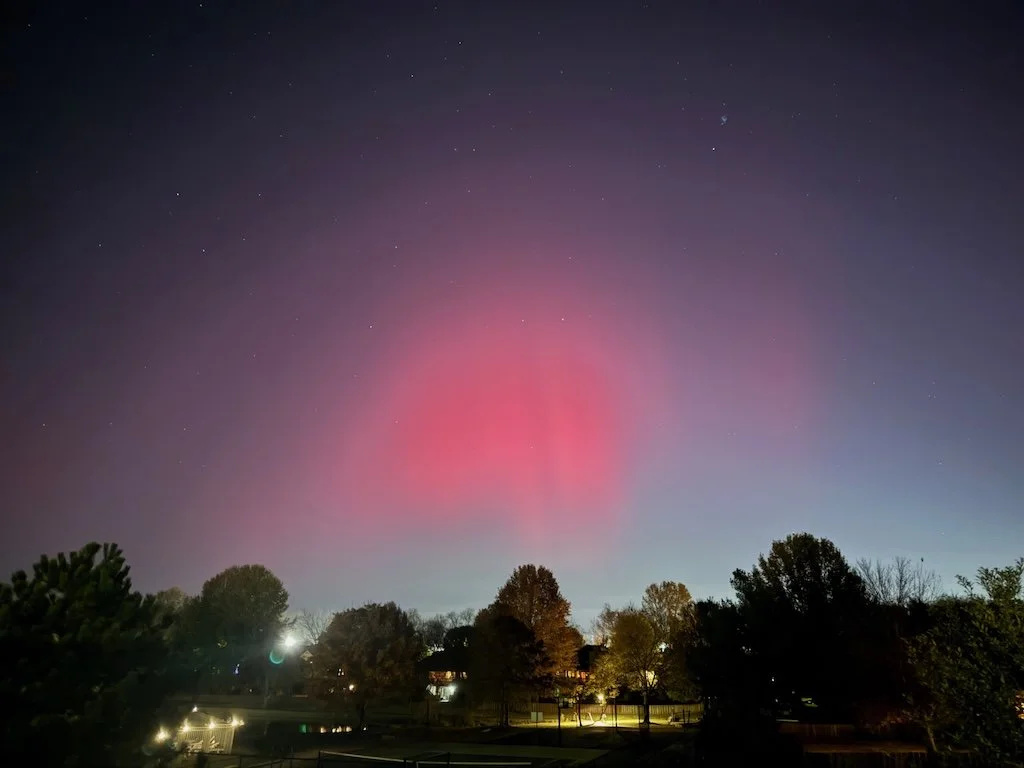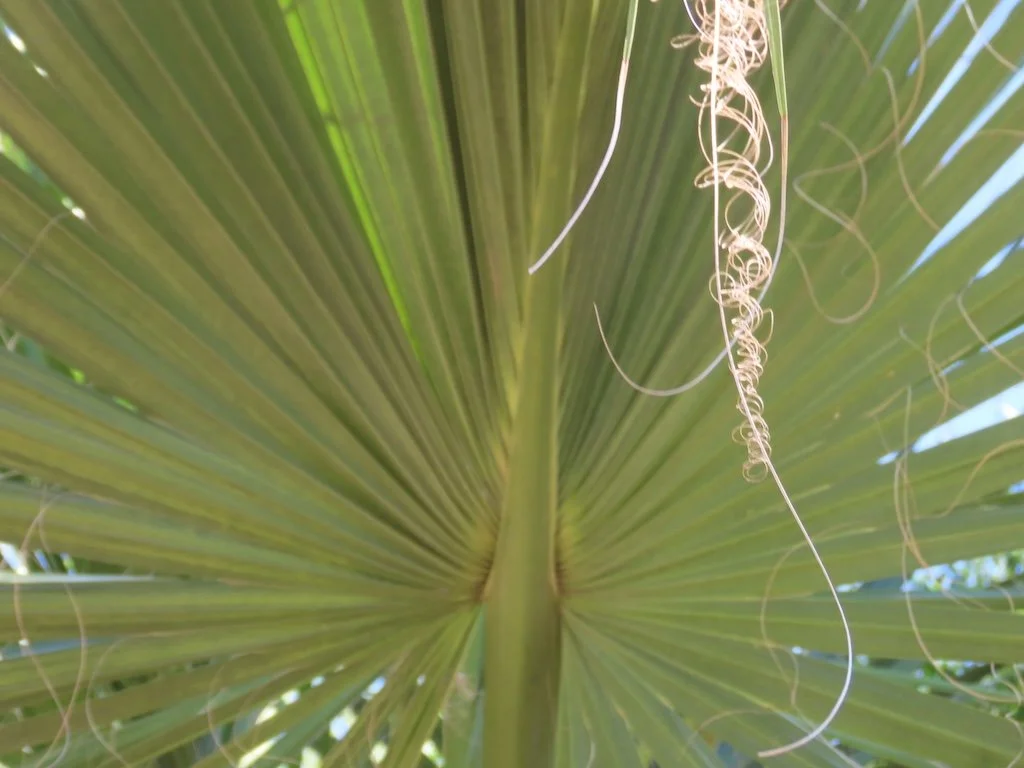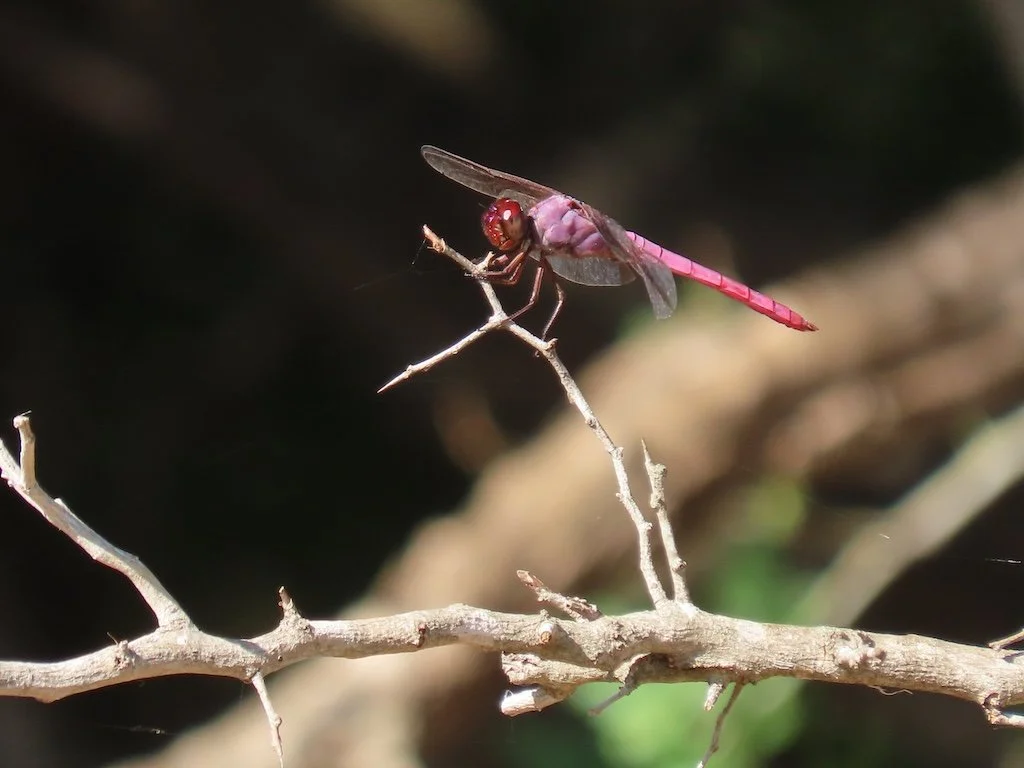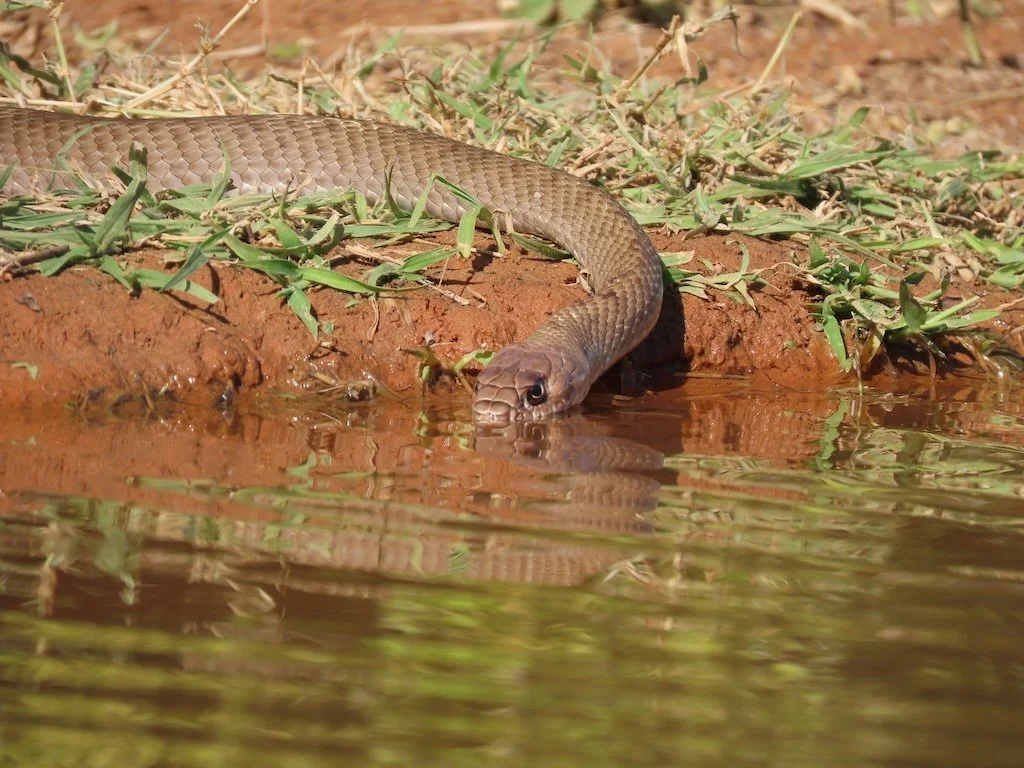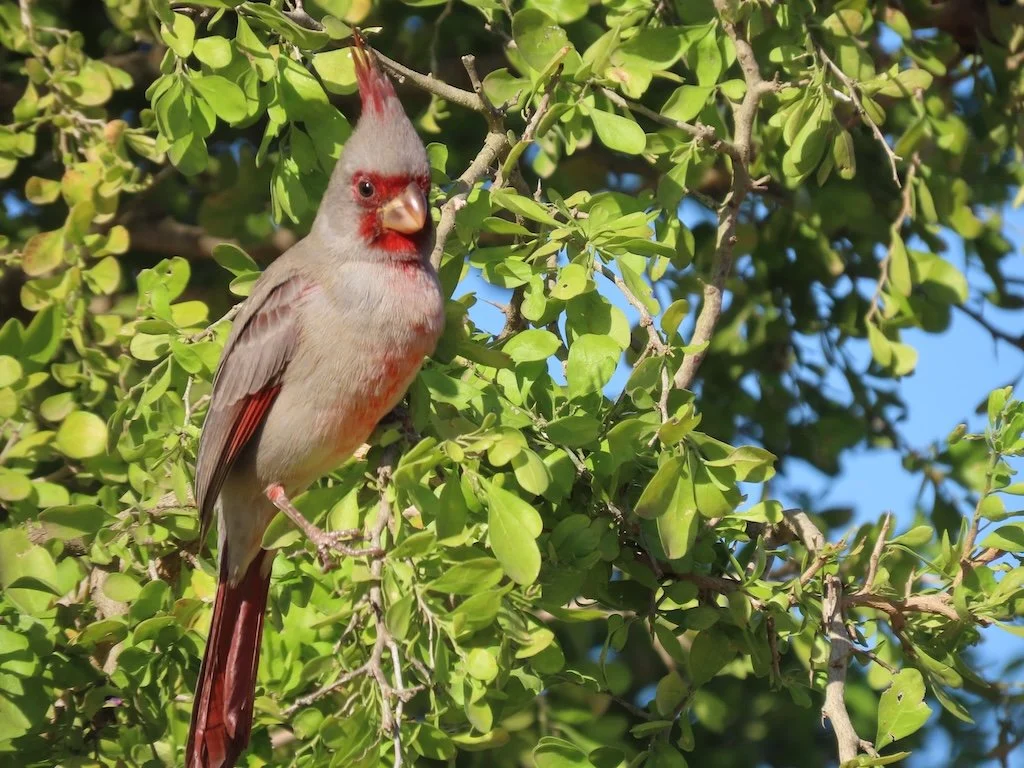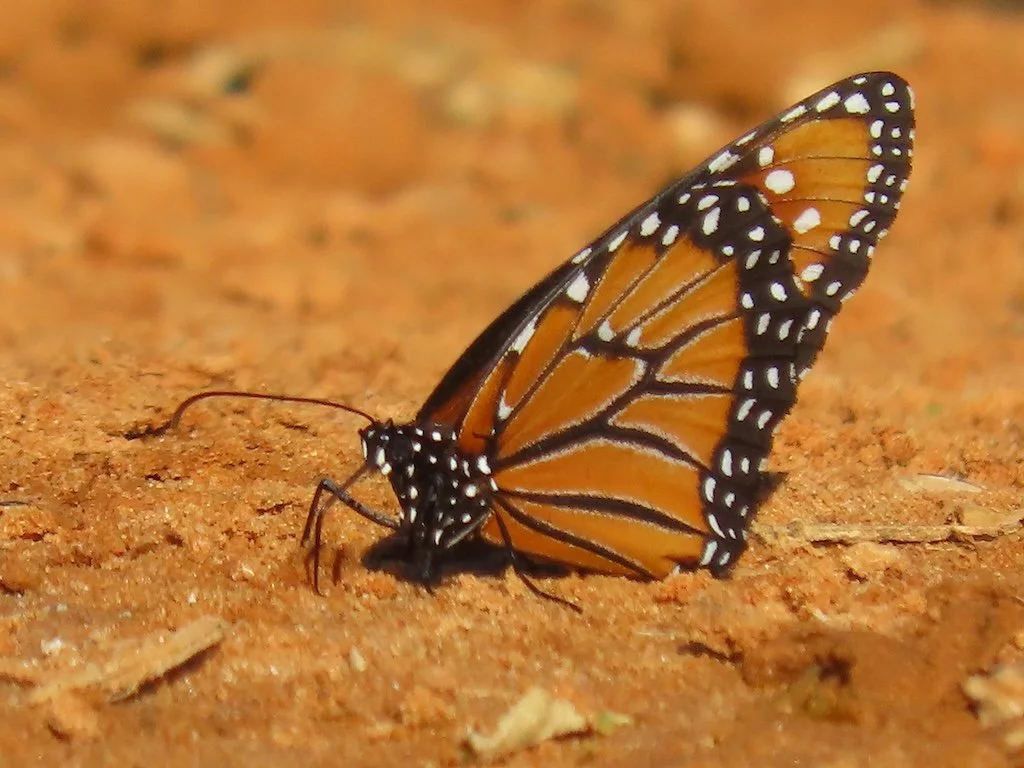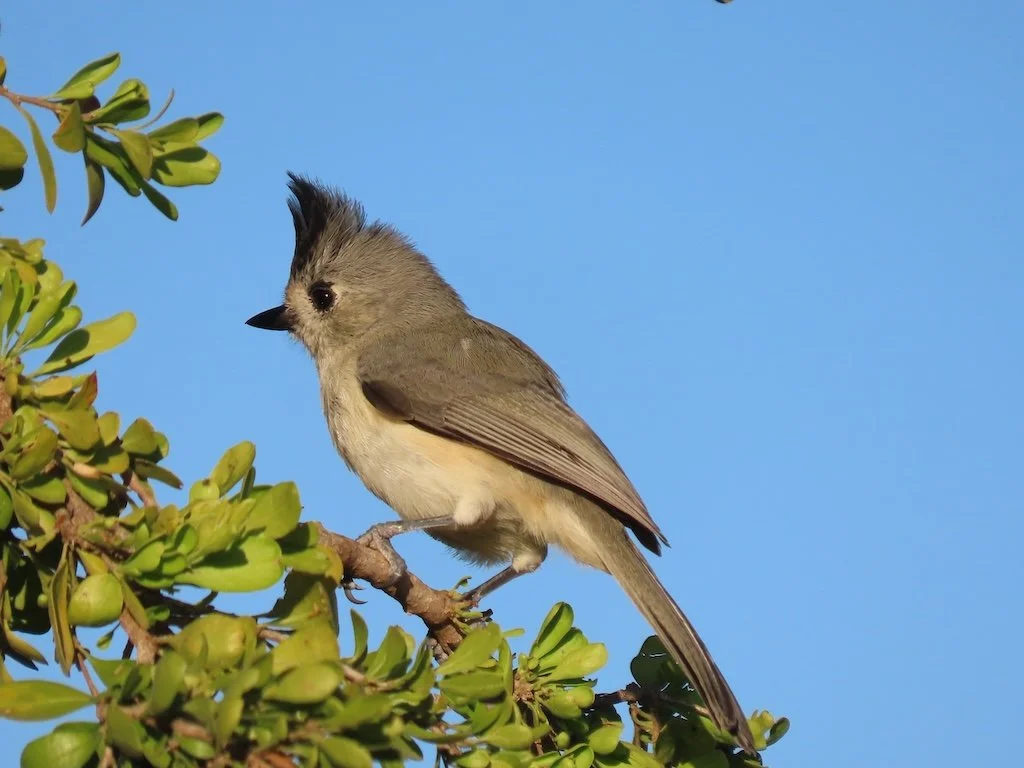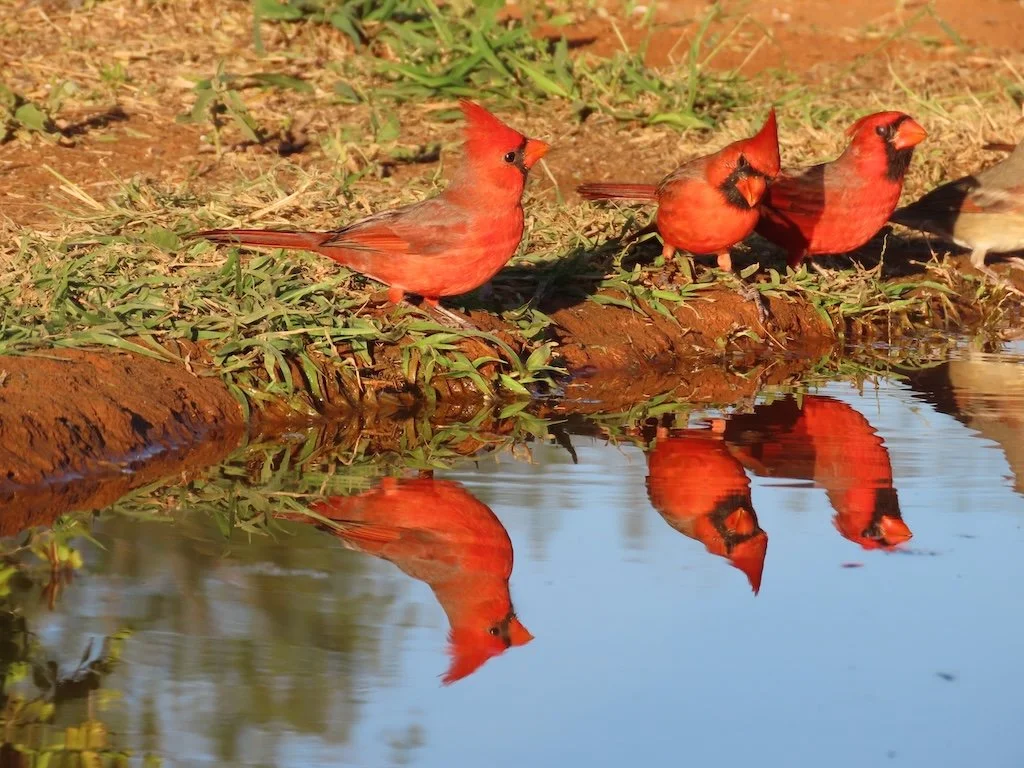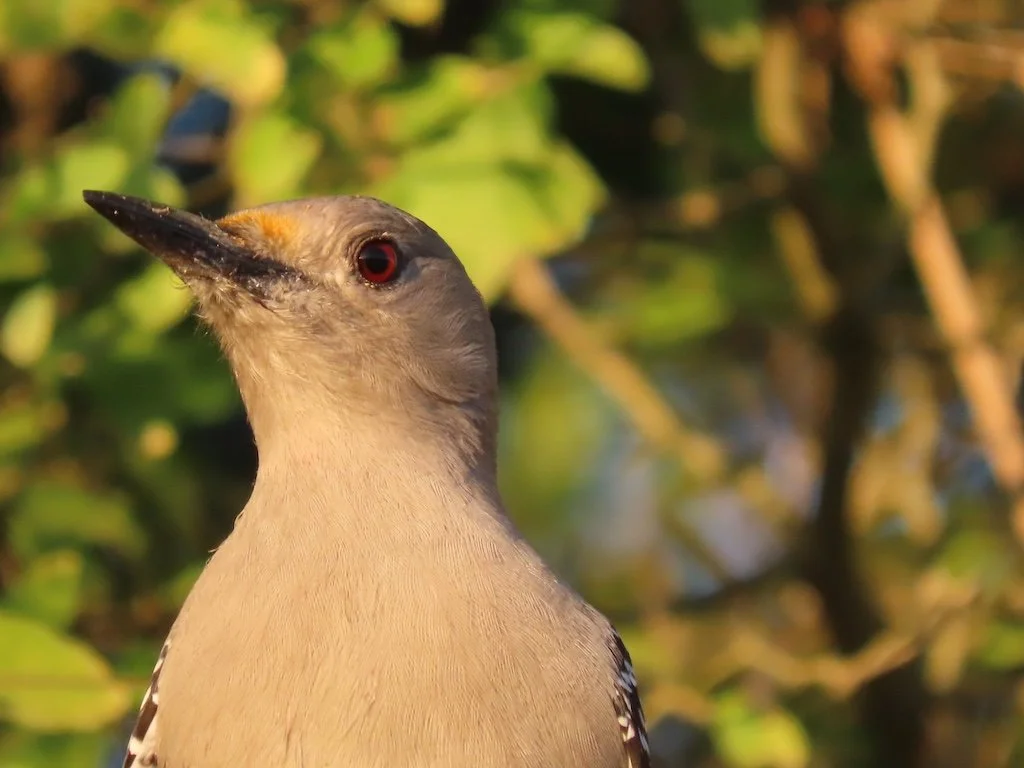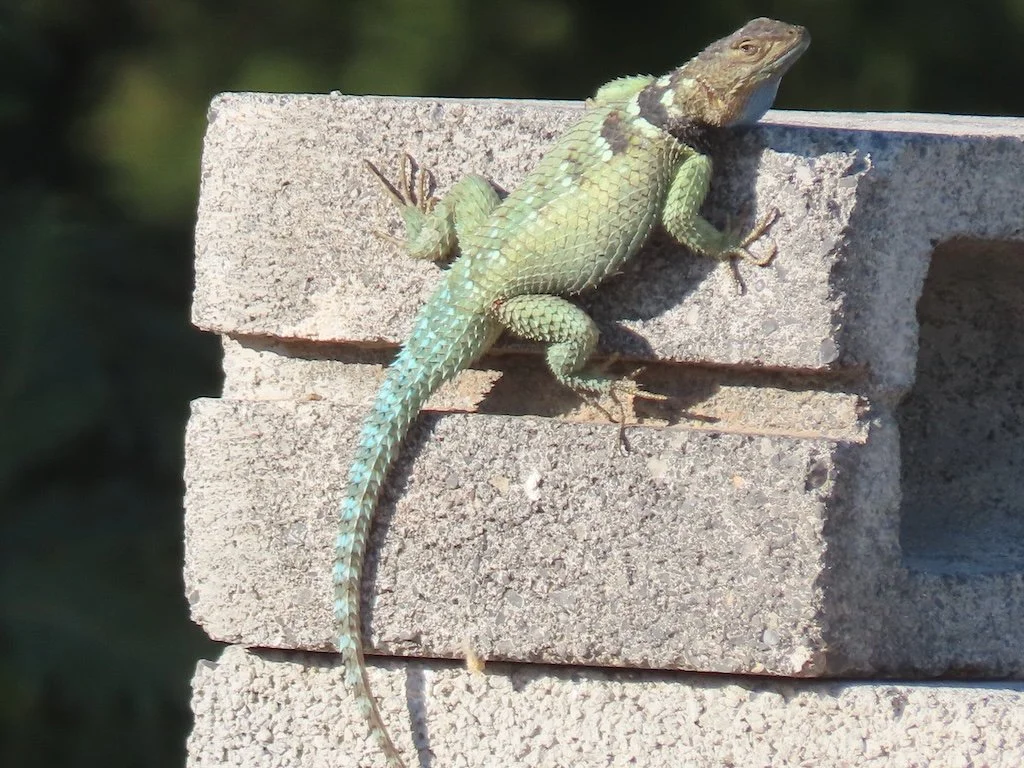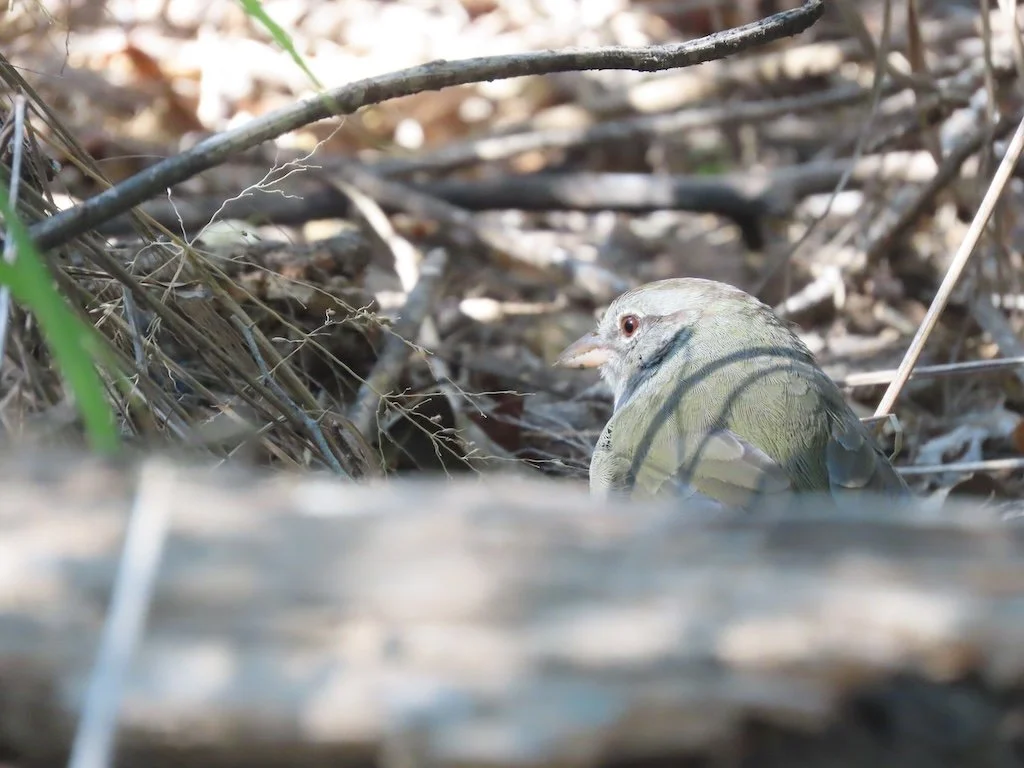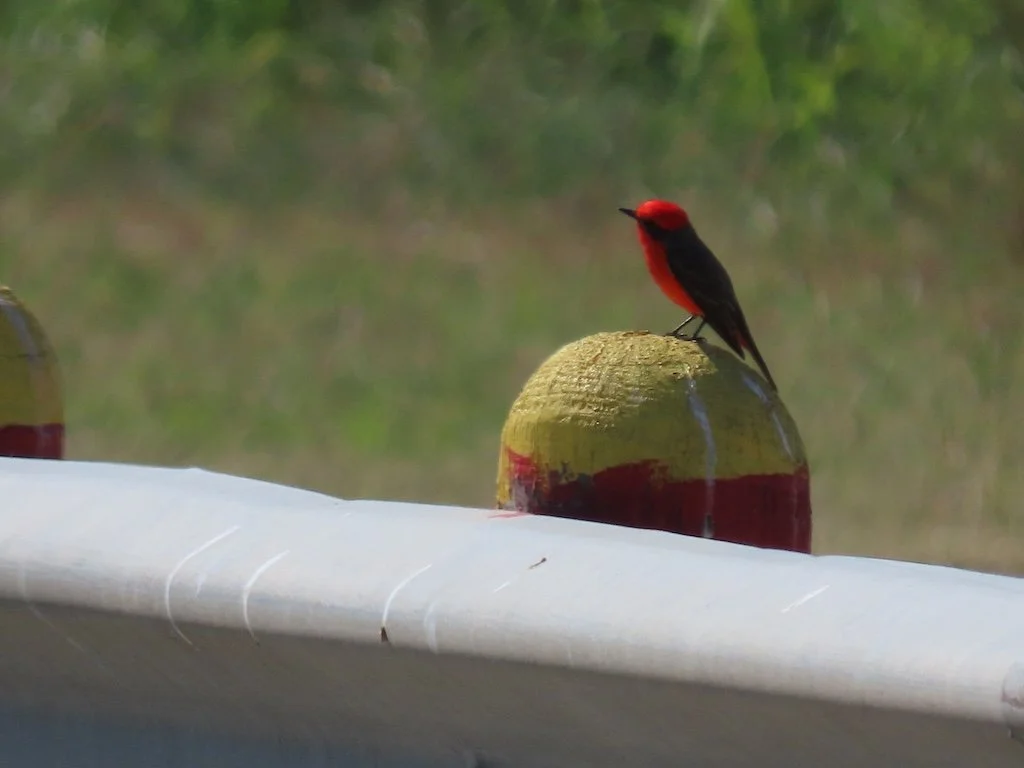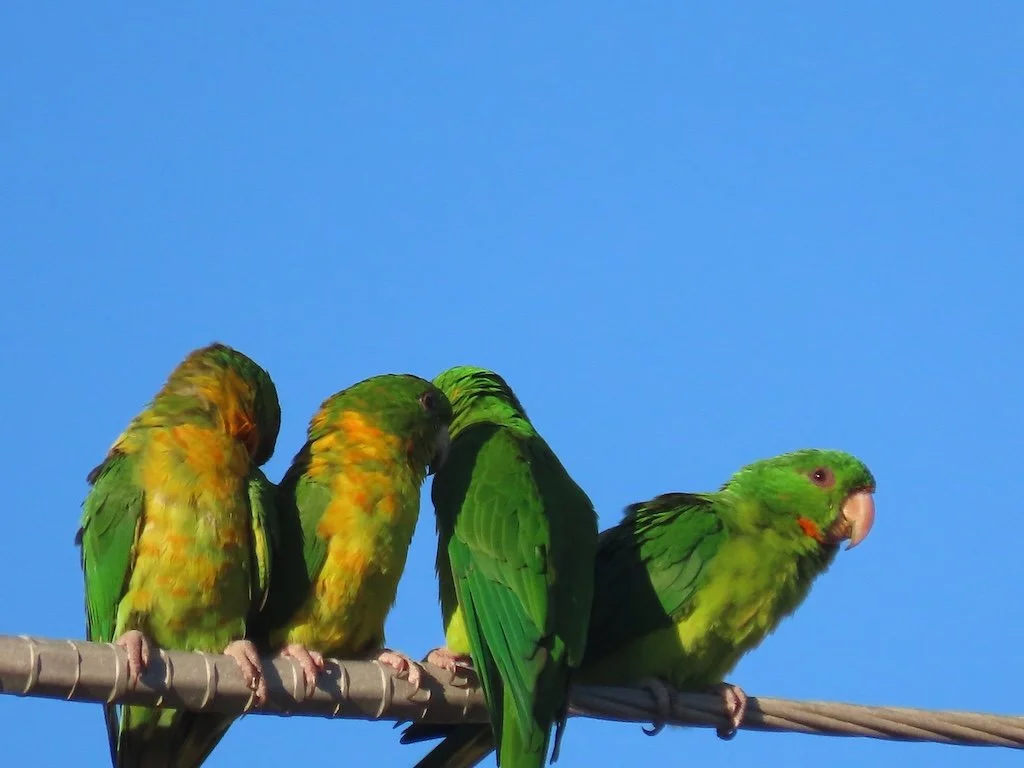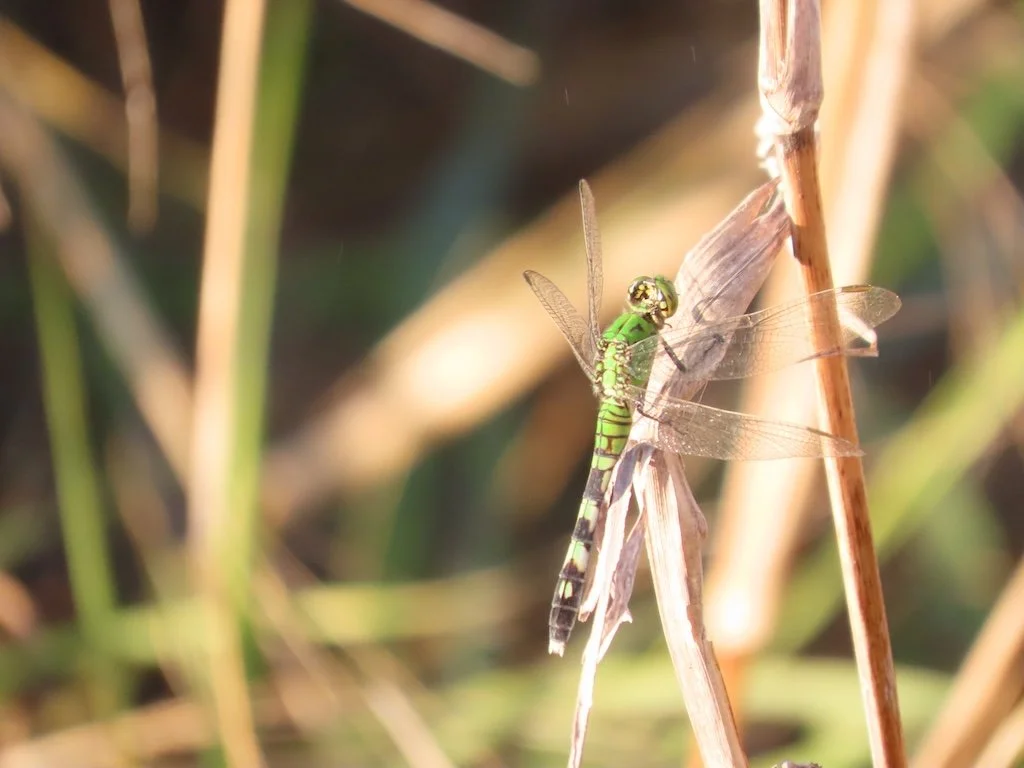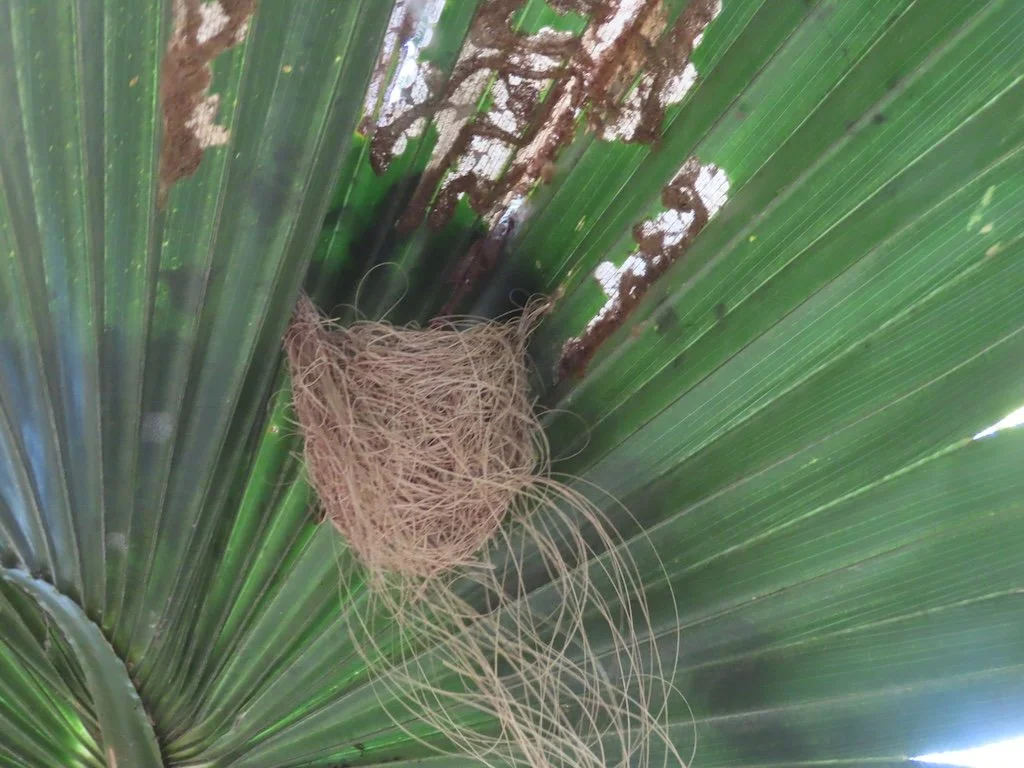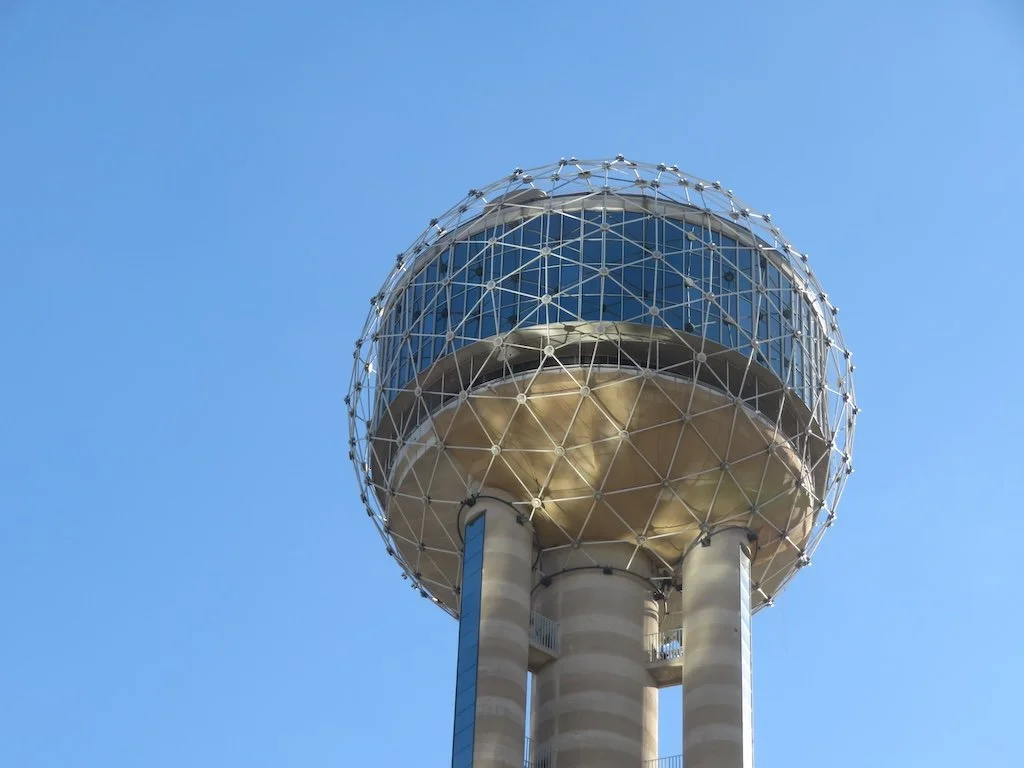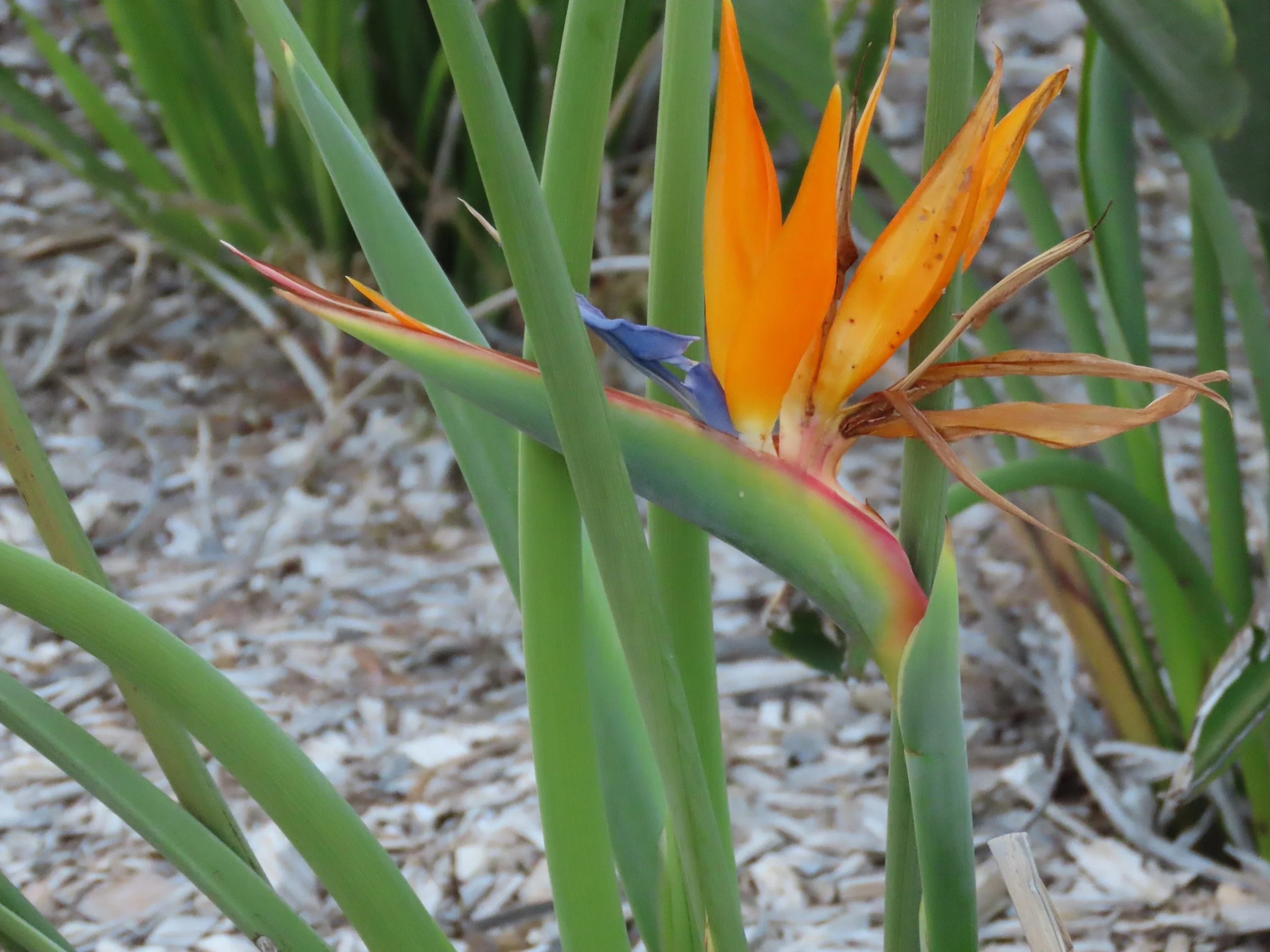Sustainability - Water Use
/There are projections that say that water will become a bigger problem in the years to come both because of increased population and climate change. So it is wise to think about how we as individuals can use water more sustainably. Here are some strategies I’ve implemented to reduce the amount of water we use in our home:
 Yet the yellow mellow. We don’t flush our toilets after every urination. This could be a bigger water saving strategy for houses that don’t have low flow toilets (our house is new enough that it was built with low flow toilets originally).
Yet the yellow mellow. We don’t flush our toilets after every urination. This could be a bigger water saving strategy for houses that don’t have low flow toilets (our house is new enough that it was built with low flow toilets originally).- No drips. We maintain our faucets so that no water is used when they are turned off. This is not a hard maintenace task (although one that usually requires turning off the water under the since before the job!).
- Take short showers. Sometimes I time my showers because it is so easy to enjoy standing under the hot water. I can’t remember the last time I took a bath - which almost always use more water than showers.
- Use the dishwasher - don’t pre-rinse dishes. The dishwasher takes less water than hand washing dishes…but only when we don’t thoroughly rinse off items while loading it up.
- Wear clothes more than one day. It depends on our level of activity. Many days we can wear our clothes for a couple of days unless we do something that is dirty or hot/sweaty. Daily changes of underwear and socks don’t take much room in the laundry!
- Load up the washer. Launder clothes when there is enough to fill the washer rather than doing several smaller loads for the same clothes. We always use cold water so generally can do different colors together (unless they are new and may fade).
- Develop rain-watered yard. We water vegetables and new plantings but not the grass. It rains enough in Maryland that this is an easy strategy. If we lived in a drier area - I would probably not have a grass lawn at all.
- Rinse water for watering indoor or deck plants. During the summer, I keep a container in the sink to capture rinse water when prepping fresh veggies….and use it to water pots on the deck or indoors. The downside is that water is heavy! Maybe I’ll figure out a way to capture and utilize gray or rain water that doesn’t involve carrying it by next summer.
Another aspect of sustainability when it comes to water has to do with runoff. The water that runs off our yard flows into the Patuxent River and then into the Chesapeake Bay. There is a band of forest that starts at our house and extends for 0.25 miles to the river. The forest floor is deep with leaf mulch that acts as a sponge to slow the water down as trickles toward the river. We have minimized our application of yard treatments over the years and have not added any additional impervious sources (other than the house and the driveway). The trees have gotten bigger and are shading the back of our yard enough that the grass is thinning. I’ve started letting the forest leaf mulch accumulate in those areas rather than leave the ground bare (and eroding). Next fall I’ll plant daffodil bulbs to hold the leaves. At some point perhaps I’ll to get ferns started in that shady area that gets the first runoff from our yard. Plantings will absorb water and/or slow it down enough that more will soak into the sediments rather than taking soil to the river.
I've stopped using the disposal in the kitchen sink and started composting instead. Using the disposal contributes to the nutrient enrichment of waste water that causes algal blooms (and dead zones); compost is a better destination for food parings and cores!
There is quite a lot we as individuals can do to utilize water more sustainably.

